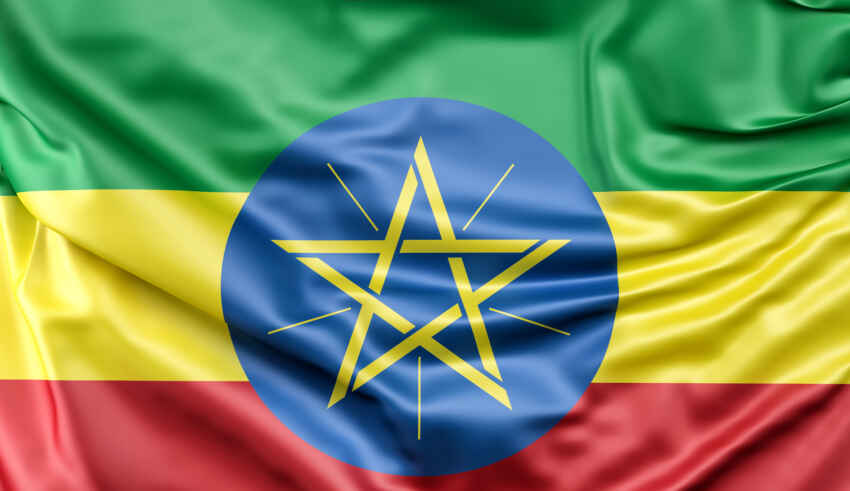
On January 1st, Ethiopia’s Prime Minister, Abiy Ahmed, and Muse Bihi Abdi, the leader of Somaliland, surprised the international community with an announcement. During a joint press conference in Addis Ababa, they disclosed that landlocked Ethiopia would lease a naval port and a 20km stretch of the Red Sea coastline in Somaliland. In return, Somaliland would receive shares in Ethiopian Airlines and, more significantly, potential official diplomatic recognition from Ethiopia.
Unsurprisingly, Somalia’s reaction was far from positive. Specifically, its representatives accused Ethiopia of trying to rewrite the continental map, thus undermining the African Union’s longstanding policy on the matter. Furthermore, Ethiopia was warned against interfering with Somalia’s sovereignty, its internal situation and its decisions on how to deal with Somaliland. In fact, only few days prior to the announcement, representatives of Somalia and Somaliland had resumed talks on Somaliland’s constitutional status. The talks are, however, now unlikely to continue. With regards to the deal between Ethiopia and Somaliland, Somalia has declared it “null and void” after an emergency cabinet meeting. Somalian representatives have also warned against this deal on the grounds that it might strengthen support for and al-Qaeda-linked jihadist group active in the region, referred to as al-Shabab. This position has found some support, especially from EU representatives. A EU spokesperson stressed the importance of respecting the unity, sovereignty and territorial integrity of Somalia in order to protect peace and stability in the African region. However, given the strategic importance for both Ethiopia and Somaliland, it is unlikely they will take a step back.
Ethiopia has presented the deal as a diplomatic triumph; were it to come to fruition, the agreement would fulfil Ethiopia’s longstanding aspiration to direct access to the sea. Eritrea’s secession in 1993, left Ethiopia without ports and a navy; nonetheless, the country’s president, Abiy, has had clear ambitions to establish Ethiopia as a power both in the Red Sea and in Bab el-Mandeb Strait, a vital shipping lane. This peaceful diplomatic agreement constitutes a last alternative to the use of force for Ethiopia. This is especially so after the peace agreement with Eritrea, signed in 2019, failed to provide Ethiopia access to Eritrean ports, due to subsequent developments, including the war in Tigray. Crucially, Ethiopia has a strong financial incentive to go through with the deal as it currently pays $1.5 billion a year in fees to use Djibouti’s ports. Being able to save that money could be vital for Ethiopia as it struggles to cover its large debts.
Similarly, for Somaliland, the deal represents a breakthrough in its quest for international recognition. This would be of particular significance for Somaliland, which has been trying to gain recognition since it declared its independence from Somalia over three decades ago. Notwithstanding the fact that the territory is somewhat considered an oasis in a very turbulent region, international recognition could be of huge importance both for the development of the region and for its president, who is currently facing strong challenges from the opposition. He has, in fact, overstayed his term under an extension structure that is considered illegitimate by the opposition. Furthermore, there have been violent conflicts between the authorities and members of a local clan where dozens of civilians have been killed or injured. This inevitably damaged the president’s popularity and the consensus on its government. Through the deal envisioned, Ethiopia would be the first country to formally recognise Somaliland as a state. Its recognition would be of practical but also symbolic importance for Somaliland, which hopes Ethiopia’s example would be followed by the rest of African countries. If that was to be the case, the country would be able to officially engage and conclude agreements with other countries, thus potentially growing the country’s prosperity.
Notwithstanding the positive impact on Ethiopia and Somaliland, the deal has more nuanced implications for other various regional players. Eritrea may be relieved that Ethiopia achieved its goal of having access to the sea through diplomacy rather than military action; however, the prospect of an Ethiopian navy nearby raises concerns. Djibouti, currently a key port for Ethiopia, will probably not be pleased with the new competition and the potential loss of such a significant stream of income from Ethiopia. Although the agreement has the approval of the UAE, rumoured to have helped negotiate it, it remains unclear whether Egypt and Saudi Arabia, increasingly at odds with the UAE’s regional dominance, will favourably welcome the deal. In an attempt to prevent the agreement from coming into force, Somalia already sought the intervention of the African Union and the UN Security Council. In a region already struggling with civil war, humanitarian crisis and political uncertainty, this new possible shift in power dynamics further undermines the quest for stability in the region, especially in light of the already enhanced tensions in the Red Sea due to the Israel-Hamas war. The situation is even more fraught with uncertainty given the current international climate in which diplomacy begins to seem always less effective in the face of States’ ruthless.
By The European Institute for International Law and International Relations















